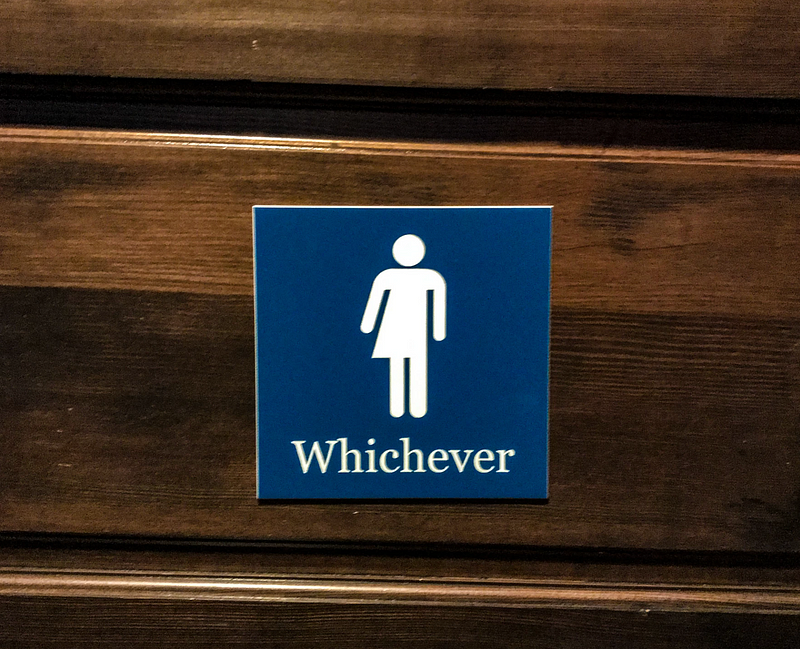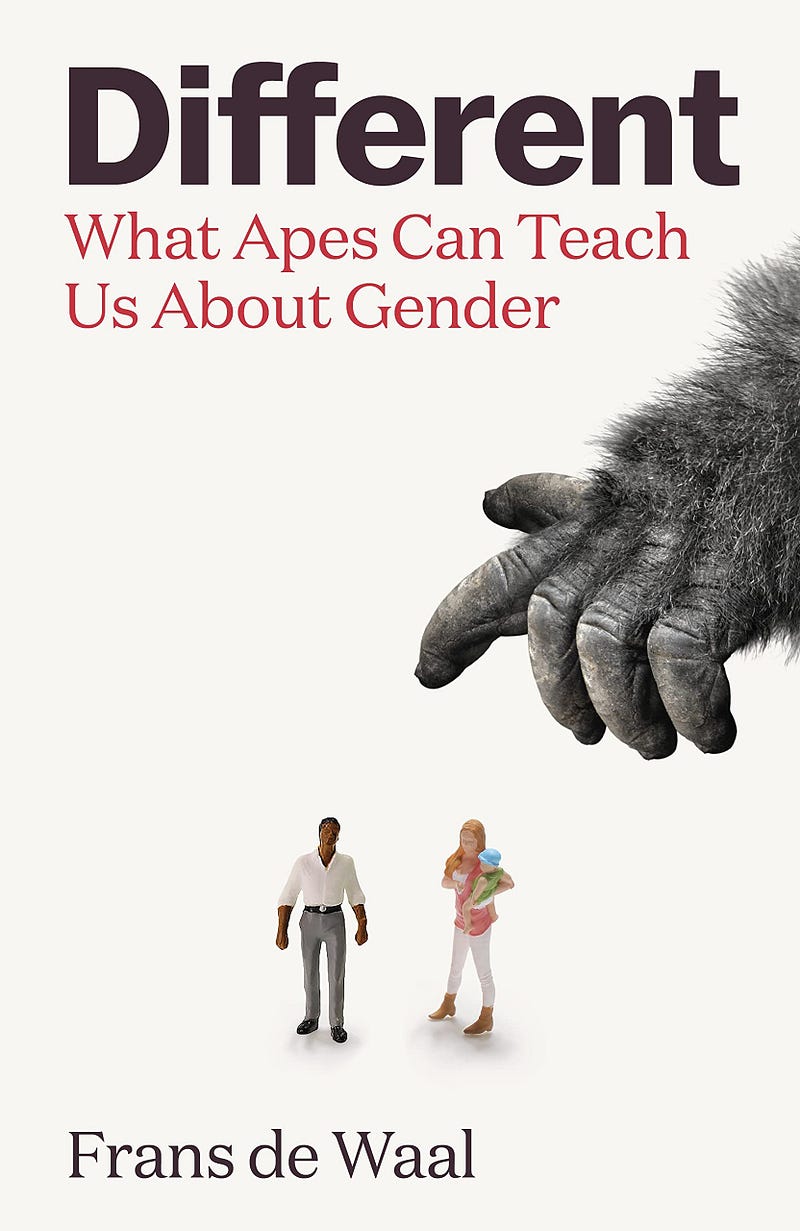Exploring Gender: Insights from Primatology and Human Behavior
Written on
Understanding Sex and Gender
The distinction between sex and gender is often misunderstood, yet it is essential. At its core, sex refers to biological characteristics, including genetic, physiological, and anatomical differences between males and females. In contrast, gender is shaped by psychological and social influences, molded through experiences and the surrounding culture. Much of the debate surrounding human gender roles arises from this complex interplay of innate biology and social conditioning, which varies in individual expression and societal perception.
To dissect these complex behaviors, primatology offers valuable insights by examining how our closest relatives—chimpanzees and bonobos—exhibit similar and differing behaviors. Frans de Waal, a renowned primatologist and author of Different: What Apes Can Teach Us About Gender (Granta Books, 2022), draws on his extensive knowledge to explore these themes. His research suggests that while there are inherent differences between genders, these traits can withstand cultural influences.

The Nature of Gender and its Influences
Interestingly, Dr. de Waal does not propose a comprehensive theory of gender. He hints at a concept of "self-socialization" where some children may identify with the opposite sex, but this idea remains largely unexplained. He acknowledges that while culture can influence behavior, certain aspects of our identity, particularly related to gender and sexual orientation, are innate and unchangeable. This recognition is vital for advocating the rights of homosexual and transgender individuals, as it frames these identities not as choices, but as inherent traits.
However, despite his attempts to clarify the differences between sex and gender, Dr. de Waal often uses these terms interchangeably throughout his book. This inconsistency can lead to confusion, undermining the clarity he initially aims to establish. Moreover, he neglects to address the significant role hormones play in shaping behaviors and brain development, a crucial oversight in a discussion centered on sex and gender.

Controversial Claims and Perspectives
Dr. de Waal makes several contentious assertions, such as the claim that lower-class individuals, regardless of gender, face equal levels of exploitation and hardship. This statement raises eyebrows, particularly given the lived experiences of marginalized women, especially women of color. Additionally, he cites surveys rather than empirical primate studies to support his arguments about gender differences in fulfillment and success, stating that men need to excel to feel accomplished, while women find validation in their biological capacity to bear children.
Despite these issues, the writing is engaging, filled with captivating anecdotes about primate behavior that will resonate with many readers. Dr. de Waal's primary thesis that "equality doesn’t require similarity; individuals can be different yet deserve the same rights and opportunities" is a notion that few would challenge. However, the inconsistencies and biases present in his arguments detract from the overall impact of his work, revealing inherent sexism and scientific inaccuracies.
This video, "What Primatology Says About Gender Differences," features Dr. Frans de Waal discussing how primate behavior can shed light on human gender roles.
In "Frans de Waal || Gender Through the Eyes of a Primatologist," Dr. de Waal explores the intersections of gender and primate studies, offering a unique perspective on these critical issues.
Final Thoughts
Different has been nominated for the Royal Society Science Book Prize of 2022, reflecting its impact within the scientific community. While the book presents intriguing concepts and research, its shortcomings in scientific rigor and attention to gender complexities are notable.
Originally published at Forbes.com on 30 November 2022. Keep updated with my work through my free newsletter.
NOTE: I received a hardback copy of this book from the publisher in exchange for my honest, unbiased review. Additionally, as an Amazon Associate, I may earn micropayments from qualifying Amazon purchases made through links in this piece.